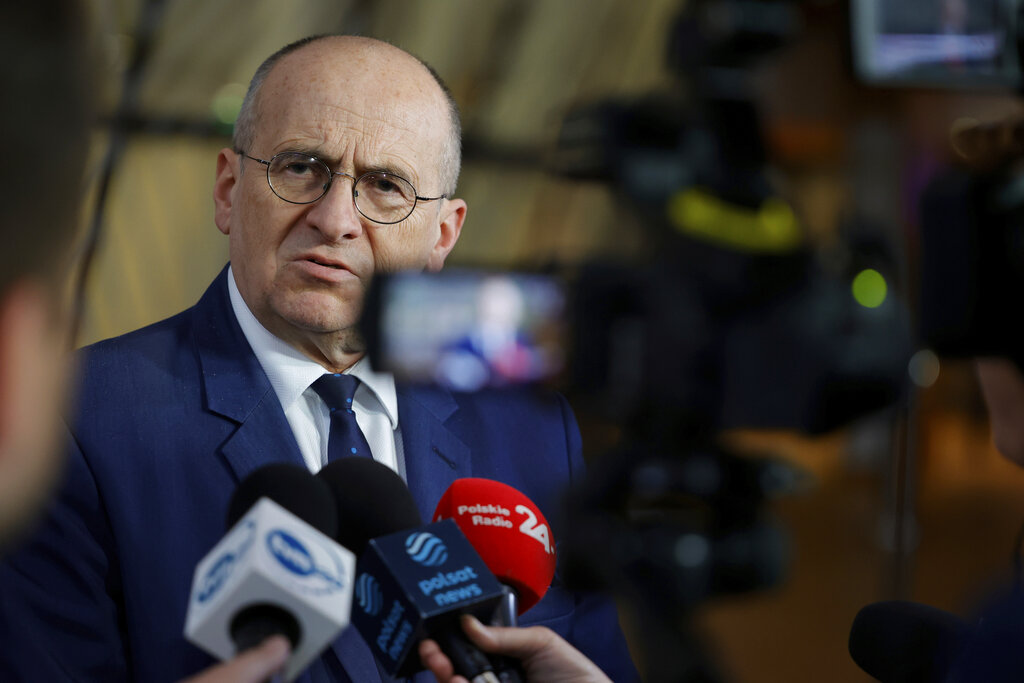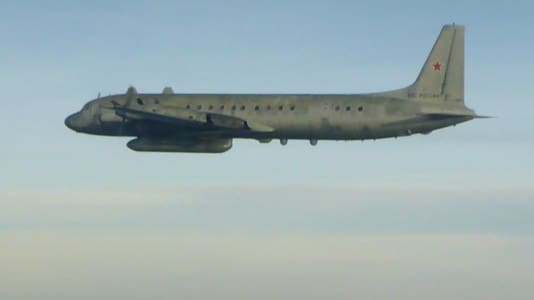Poland’s foreign minister says that since the start of the year, no more graduates of an exclusive school for diplomats in Moscow (MGIMO) are working in Poland’s diplomatic service.
In an interview for the daily Gazeta Polska, Polish Foreign Affairs Minister Zbigniew Rau called the Moscow diplomats school (MGIMO) an “investment in the functioning of Russian imperialism” and “an element of Soviet soft power” whose “graduates were to serve the interests of the Russian empire.”
Rau confirmed that the process of removing any graduates from the school from Poland’s diplomatic corps was completed two months ago.
The Polish foreign minister believes that the removal of diplomats educated in Moscow completes the process of eliminating any remnants of the communist system.
“For too long, the Ministry of Foreign Affairs and its diplomatic service were excluded from this process,” he says.
Only in January 2021 did the Ministry of Foreign Affairs finally hand over its files to the Institute of National Remembrance (IPN), the body responsible for research on whether a state official was a collaborator of the former communist regime.
However, the graduates of MGIMO remained in service. Rau concedes that this was an anomaly, as they were also a part of the old system dominated by the Soviet Union. These were individuals who, the minister said, were especially susceptible to Russian influence.
In order to cleanse the Polish diplomatic service of MGIMO graduates, legislation was required and was passed in April 2022. It made the hiring of a person educated in a non-allied country require certification from the Internal Security Agency (ABW).
When the ministry began the procedure, there were 38 MGIMO graduates working in the diplomatic corps. Some reached retirement age, and others left the service. Thirty-seven out of the 38 diplomats were not cleared for further service, leaving just one in service. Most of those who have left were working in Poland and six in embassies and other diplomatic outposts. Four of those who were released took their cases to court.
The minister clarified that neither the law nor the ABW assumes that graduates of the MGIMO are automatically spies or informers for Russia. However, graduation from such an academy creates professional, social and, in some cases, family ties to Russia.
This makes these individuals vulnerable to influence operations by foreign services, according to Poland’s foreign ministry. This is especially relevant at a time when NATO sees Russia as a threat and not a partner.






